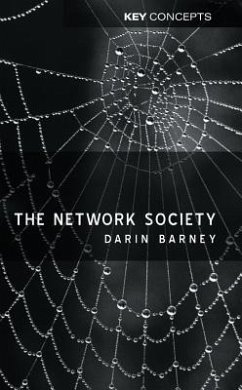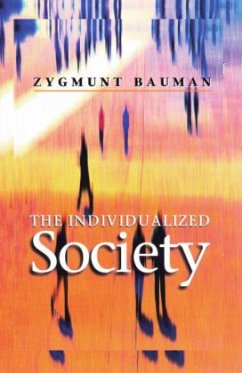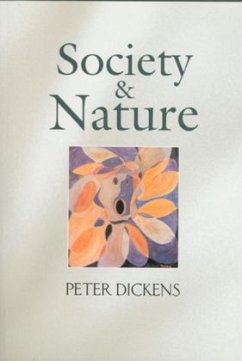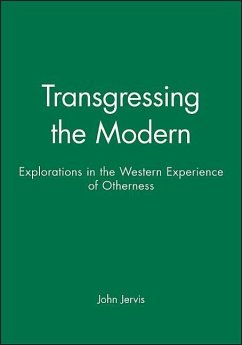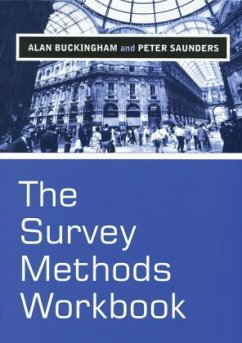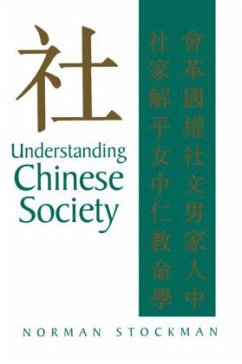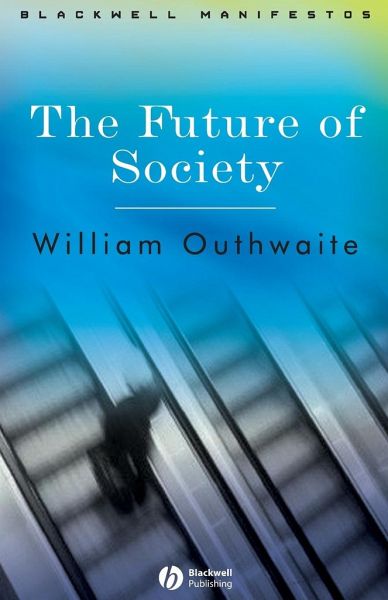
The Future of Society
Versandkostenfrei!
Versandfertig in über 4 Wochen
36,99 €
inkl. MwSt.
Weitere Ausgaben:

PAYBACK Punkte
18 °P sammeln!
This important Manifesto argues that we still need a concept of society in order to make sense of the forces which structure our lives.
Written by leading social theorist William Outhwaite
Asks if the notion of society is relevant in the twenty-first century
Goes to the heart of contemporary social and political debate
Examines critiques of the concept of society from neoliberals, postmodernists, and globalization theorists
Written by leading social theorist William Outhwaite
Asks if the notion of society is relevant in the twenty-first century
Goes to the heart of contemporary social and political debate
Examines critiques of the concept of society from neoliberals, postmodernists, and globalization theorists




